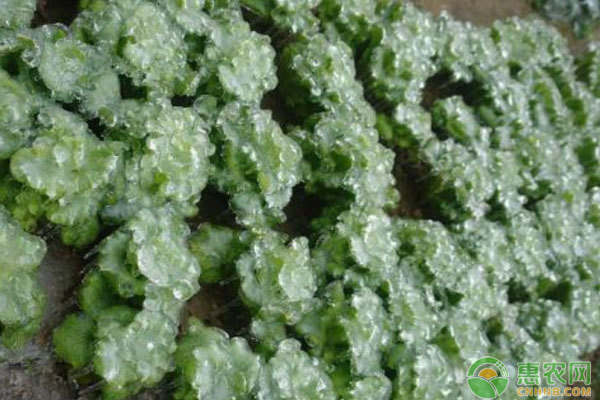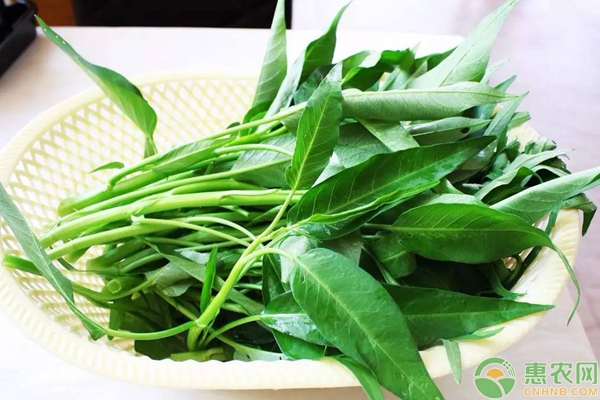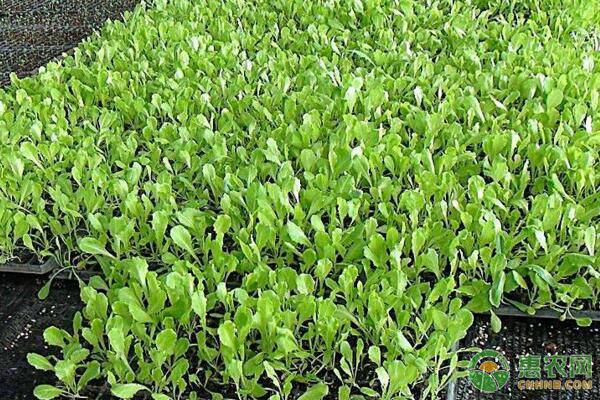How to remove residual pesticides from vegetables and fruits? In the process of planting vegetables and fruits, in order to make the plants grow robustly and increase the fruit yield, pesticides will be sprayed during the planting process. Some pesticides will remain in the vegetables and fruits after spraying the pesticides. Therefore, we need us. Master the pesticides that remove vegetables and fruits, and then Xiaobian talks about ways to remove pesticide residues.

First, soaking water washing method
Vegetable pesticides are mainly organophosphorus insecticides. Because organophosphorus pesticides are hardly soluble in water, soaking water washing can only remove some contaminated pesticides. Rinsing with water is the basic method for removing other contaminants from vegetables and fruits and removing residual pesticides. This method is mainly used for leafy vegetables, such as spinach, day lily, chives, lettuce, and Chinese cabbage. Generally, rinse the surface of the vegetables with water and soak them in water for about 10 minutes. At the same time, the fruit and vegetable cleaning agent can increase the dissolution of the pesticide, so when soaking the vegetables with water, a small amount of fruit and vegetable cleaning agent can be added. Rinse with water for two or three times after soaking.

Second, alkaline water immersion method
Organophosphorus pesticides decompose rapidly in an alkaline environment, and the alkaline water immersion method is an effective measure for removing pesticide pollution, and can be applied to various vegetables and fruits. The specific operation is as follows: first wash the surface of the vegetable with water, then put it in alkaline water (usually add 5-10 grams of alkali in 500 ml of water) for 5-15 minutes, then rinse with water for 3-5 times. .
Third, peeling method
Because the surface of vegetables and fruits is relatively large, it can be directly peeled. This is also the easiest method. It can be applied to apples, pears, cucumbers, carrots, melons, pumpkins, zucchini, eggplants, radishes, etc.

Fourth, the storage method
During the storage process, pesticides can be slowly decomposed into fixed time storage and reduce the amount of pesticide residues. Therefore, apples, kiwis, melons and other non-perishable species can be stored for more than 15 days, while Huinong.com recommends not to eat immediately. Freshly picked unpeeled fruit.
Five, heating method
Carbamate insecticides can accelerate decomposition with increasing temperature. Therefore, for those vegetables and fruits that are difficult to handle, some pesticides can be removed by heating, such as celery, spinach, cabbage, cabbage, green pepper, cauliflower, etc. . The specific operation is as follows: first wash the surface of the vegetable with water, then put it into boiling water for 2-5 minutes, then rinse it with water.
plastic medical collectors
Guangdong Widinlsa International Co.Ltd , https://www.guangdongwidinlsa.com